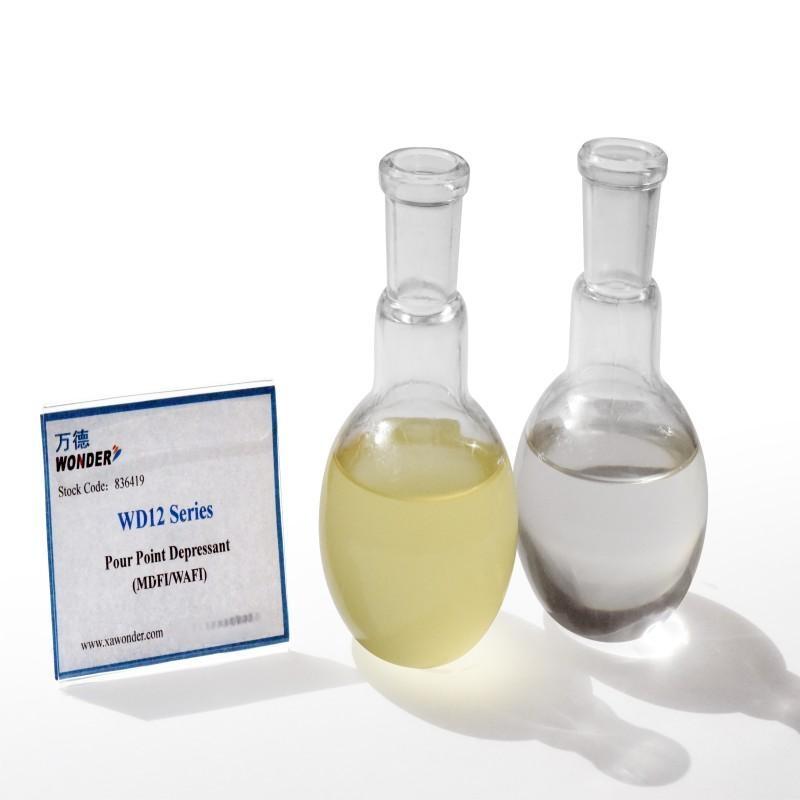-
Categories
-
Pharmaceutical Intermediates
-
Active Pharmaceutical Ingredients
-
Food Additives
- Industrial Coatings
- Agrochemicals
- Dyes and Pigments
- Surfactant
- Flavors and Fragrances
- Chemical Reagents
- Catalyst and Auxiliary
- Natural Products
- Inorganic Chemistry
-
Organic Chemistry
-
Biochemical Engineering
- Analytical Chemistry
-
Cosmetic Ingredient
- Water Treatment Chemical
-
Pharmaceutical Intermediates
Promotion
ECHEMI Mall
Wholesale
Weekly Price
Exhibition
News
-
Trade Service
According to two anonymous Indian officials, India is considering accepting Russia's offer to buy the latter's crude oil and other commodities at a discounted price and will set up a mechanism to pay in Indian rupees and Russian rubles, which would circumvent Western sanctions
.
India's largest refiner buys 3 million barrels of Russian Urals at a discount, and India also wants to buy discounted fertilizers
The official said Russia was offering crude oil and other commodities "at a very discounted price" and that "we would gladly accept that.
"
At the moment there is a need to solve the problems of tanker transportation, insurance and obtaining the right proportion of the oil mixture, "once these problems are resolved, we will accept a discounted offer
from Russia.
" "There are no specific details
yet on how much oil Russia will provide or how much discount the price will cost.
India's largest refiner Indian Oil Corporation (IOC) bought 3 million barrels of Russian Urals crude for May delivery from Vitol, the world's largest privately owned oil trader, for the first time since the outbreak of the Russia-Ukraine conflict on February 24, at a discount of $
20 to $25 per barrel compared to Brent crude in the same period, according to another source.
In addition to oil, India wants to buy cheaper fertilizers
from Russia and Belarus, one of the officials familiar with the matter said.
According to previous reports, Russia will ban the export of more than 200 products such as grain and fertilizers by the end of the year, and Ukraine has also announced a total ban on fertilizer exports
.
According to CCTV Finance, Russia, Belarus fertilizer accounted for about 40% of the total global potash fertilizer exports, India is the main demand side, in 2022 India potash contract price locked at 590 US dollars / ton, up 343 US dollars / ton, a new high
in 10 years.
India is studying the establishment of a rupee-ruble trade mechanism, and the alternative payment method will bypass Western sanctions
It is reported that India is studying how to buy Russian crude oil at extremely low discounted prices and looking for alternative payment methods
to circumvent international sanctions.
India may want to use a smaller state-owned bank (such as UCO Bank, the United Bank of India), or a bank with the smallest exposure to U.
S.
-Europe sanctions to handle the corresponding commodity payment process
.
The payment mechanism may be announced
by the Indian government this week.
Commodity settlements without dollars may take the form of Russian rubles being deposited in Indian banks after conversion into Indian rupees, and vice versa
.
But India wants to use a floating exchange rate instead of the fixed exchange rate
that the two countries used 30 years ago.
India is also said to be preparing a list of goods that can be exported to Russia to narrow the current trade deficit
of about $5 billion.
The latest data show that India's bilateral trade with Russia is $10.
8 billion, less than 1.
5%
of India's total trade.
The consideration of settling trade in the local currencies of the two countries was due to the fact that Indian exporters were "stranded" about $500 million in payments
due to sanctions imposed by Russian banks.
Belarus and Russia will abandon the use of dollars in energy trading
According to CCTV news, on the 14th local time, Belarusian Prime Minister Golovchenko said that Belarus and Russia will abandon the use of the US dollar
in energy transactions.
The two sides will set a more favorable price
for Russian oil purchased in Belarus.
Russia has pledged to remove epidemic prevention restrictions in border areas as soon as possible, and Russia's import restrictions on Belarusian products are also being lifted
.
India imports 80% of its oil demand, and after oil prices soared 40% this year, it is considering increasing the proportion of oil purchased from Russia in order to alleviate inflation
Last week, the country's deputy prime minister, Novak, who served as Russia's oil minister, called Indian Oil Minister Puri to discuss energy cooperation
.
The Russian government quoted Novak as saying in the statement that Russia sees the prospect
of increasing crude oil exports to India.
Puri told India's parliament on Monday that it would reserve all options to review how much oil
could be imported from Russia or new suppliers who could return to the market.
India sees no problem with IOC buying Russian crude from trader Wido Group, as oil as a commodity is not sanctioned to ban global trade, and IOC does not deal directly with sanctioned entities
.
India hopes that cheaper commodities will ease its fiscal problems, and India's former ambassador to Russia recently said that India does not want to pay the price
for the confrontation between global powers.
Russia is a key trading partner for India, the world's third-largest oil importer, and imports 80 percent of its oil demand, with about 2 to 3 percent of its supply bought from Russia
.
However, because international oil prices have soared by 40% this year, causing inflation to continue to exceed the upper limit of the central bank's target range and slowing economic growth, the country is considering increasing the proportion of oil purchases from Russia to suppress energy costs
.
According to the latest CCTV report today, India's consumer price index (CPI) rose to 6.
07% in February, hitting a new eight-month high, and the CPI was 6.
01% in January, while 6% is the upper limit
of the medium-term inflation target set by the Bank of India.
India's GDP for the current fiscal year is expected to grow by 8.
9 percent as energy prices soared, weaker than the 9.
2 percent forecast at the beginning of the year and the median economist forecast of 9.
1 percent
at the end of March.
Last week, the Indian rupee fell to a record low
against the dollar as cloth oil touched $139.







